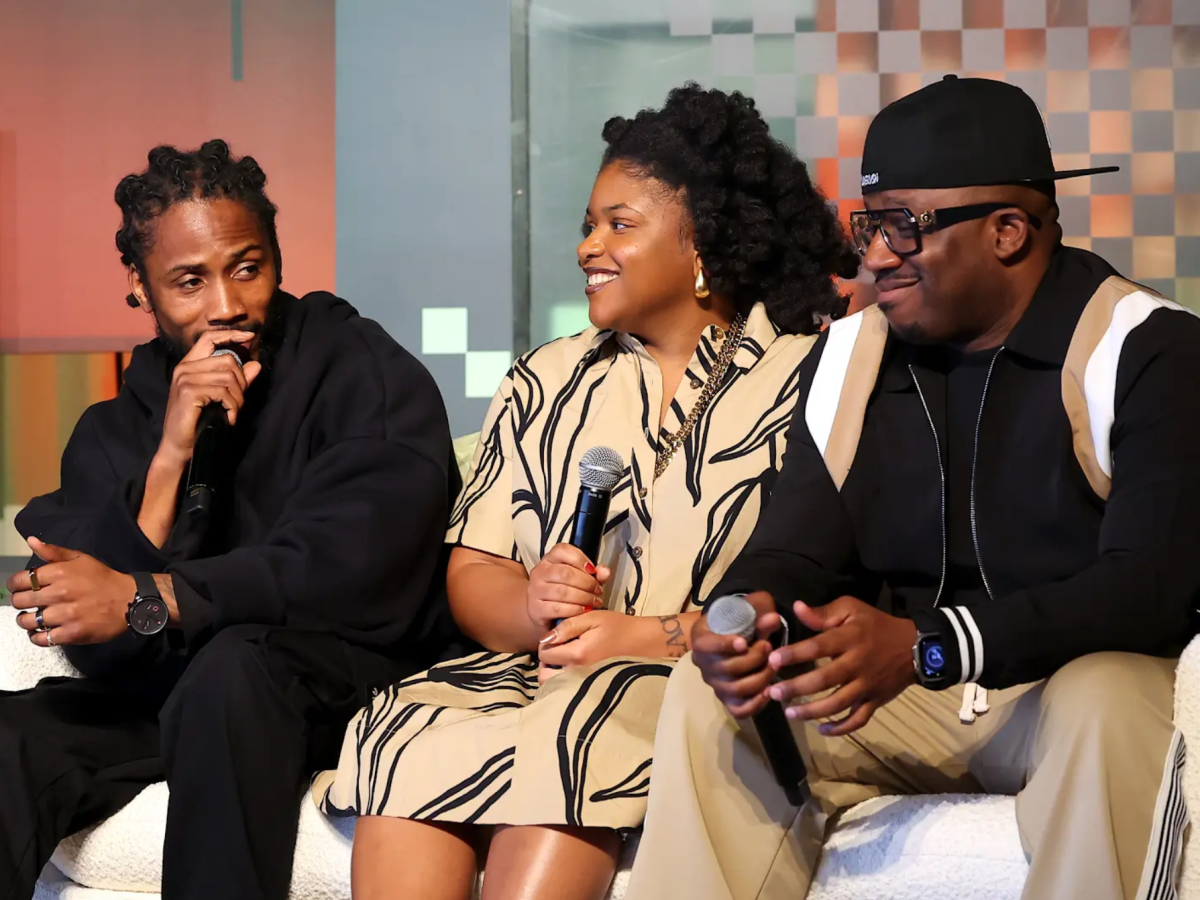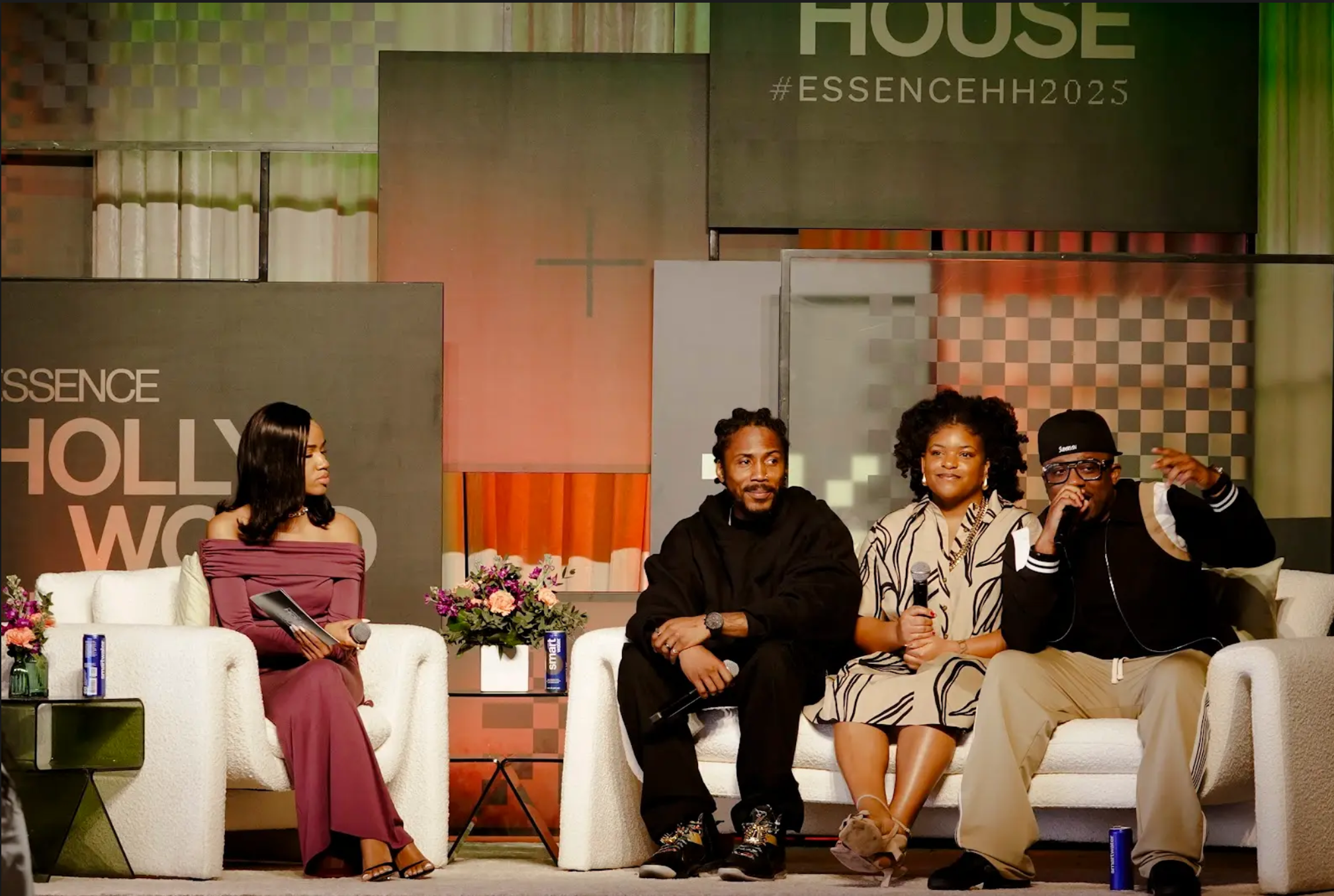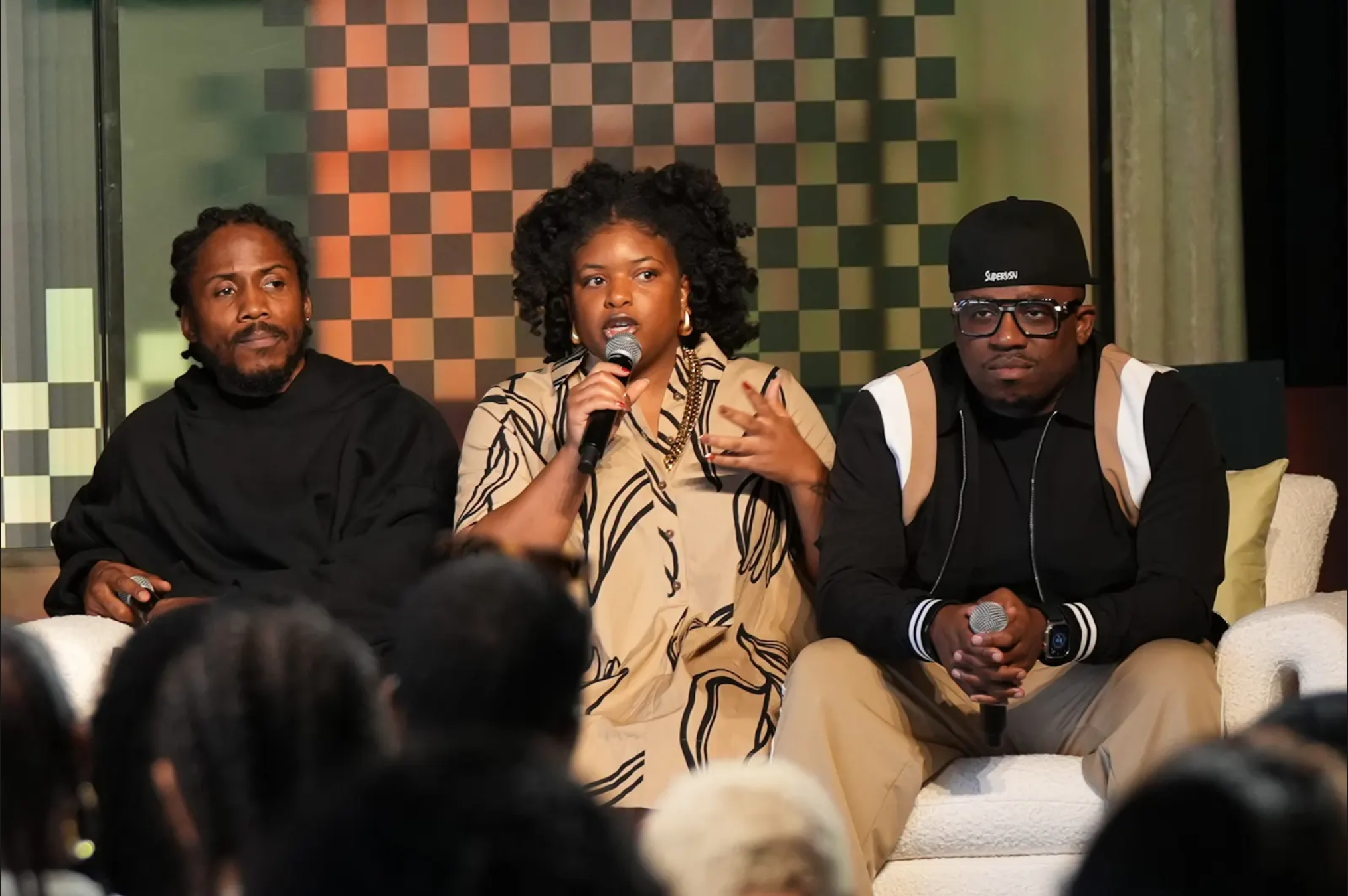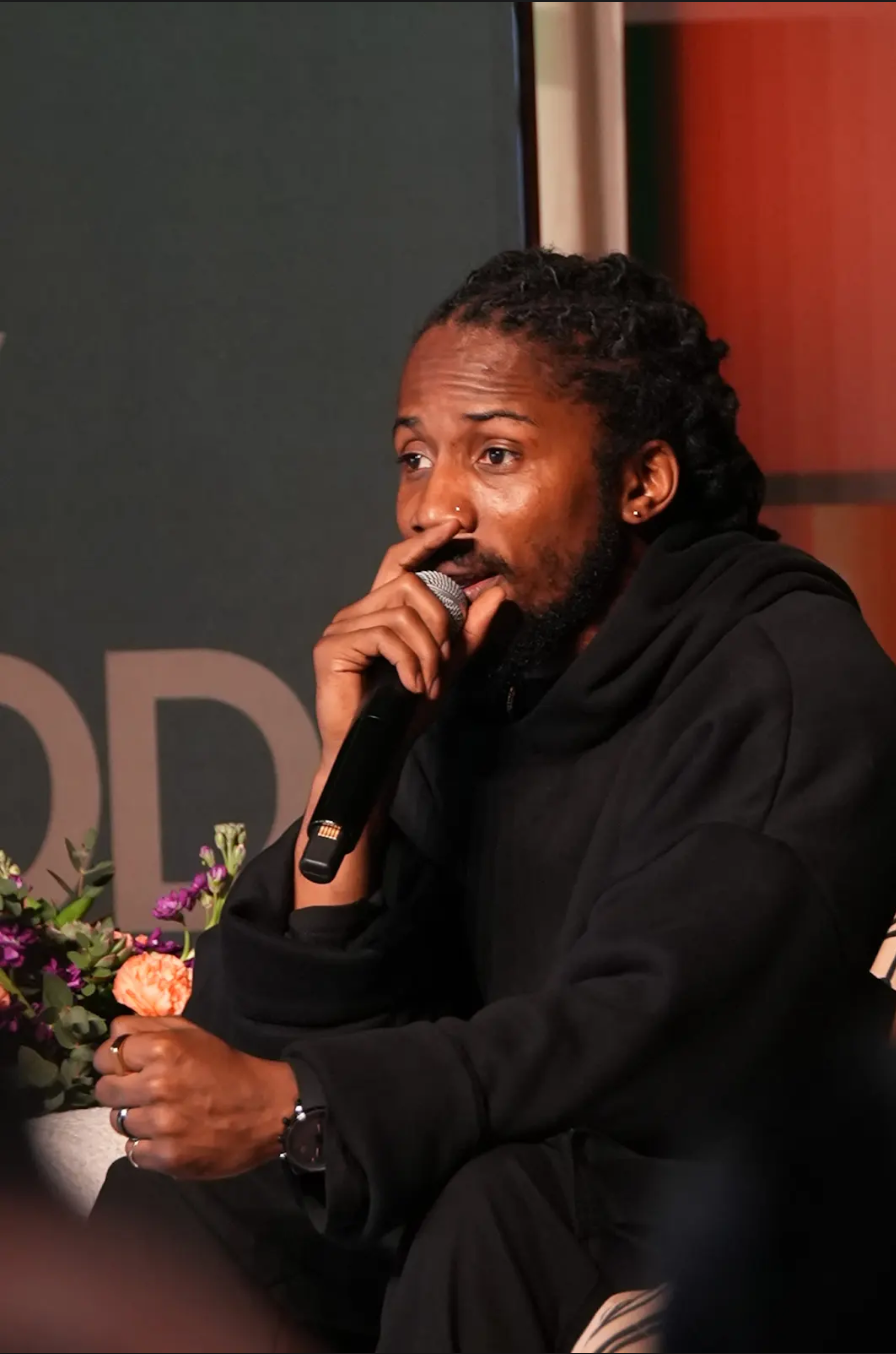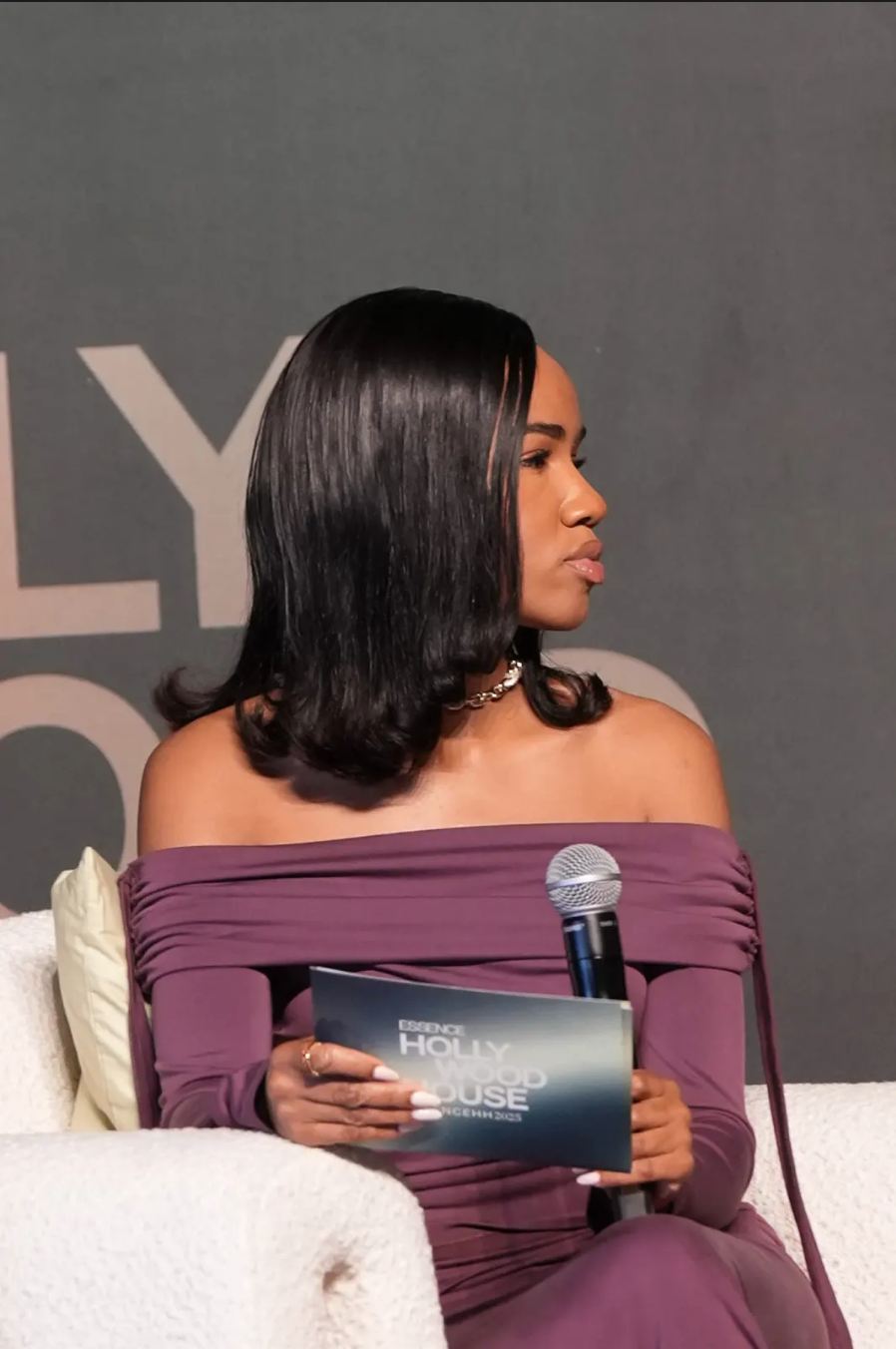
Marriage blends hearts and bank accounts. You can protect the latter by discovering what your partner owes and their spending habits. According to a 2021 poll commissioned by National Debt Relief, three in five Americans have opted to postpone marriage to avoid inheriting their partner’s debt. Dasha Kennedy, financial wellness activist, National Debt Relief Financial Wellness Board member and founder of The Broke Black Girl, believes finances should be discussed immediately in relationships. “You want to know how your partner handles money, how they see money,” she says.
These are the following things that discussing debt can reveal about a current and prospective partner:
Who Your Partner Is
“You’re going to want to know about any existing debt. You’re going to want to know their plan for retirement. You’re going to want to know if they have any financial obligations outside of the relationship. This is a very, very important conversation because this will open the door to see what financial role your partner may play with his family,” she says.
Jumping the broom before figuring out how you each approach handling funds can have disastrous consequences. Kennedy began galvanizing others to be forthcoming about their debts after her own marriage was impacted by financial disputes. “I’m speaking from experience because this is something that actually led to my divorce,” she says. “When I was married, we completely avoided money conversations because they could get passionate and end up in an argument, and we did not want that to happen, but we ended up having to argue about it anyway and in divorce court.”
Financial compatibility can have as large of an effect on a union as emotional or sexual compatibility. “You can learn a lot about someone and how they feel about money, how they handle money,” says Kennedy. “While it may seem like it can be a very difficult conversation, I do think that it is a conversation worth having to avoid having to have it in the courtroom.”
What Your Partner Wants
Kennedy thinks conversations about money and how it’s spent can be part of getting to know one another well if you talk about it in the right way. It can also uncover where you both stand on other topics related to money. For instance, finances heavily impact family planning. Singles on OkCupid are four times more likely to say paying off debts trump having children in the priorities of their five-year plan.
“You want to start early with discussing your attitude around money, your spending habits, some of your financial goals,” she advises.
She cited the elements of initiating romantic contact as examples of “very subtle ways” money looms over romantic encounters from the start. “Who’s going to pick up the check? Where are going to be able to go if you could even go out on a date? Money exists from the very beginning, so we should start talking about it as soon as possible,” she says.
Kennedy doesn’t suggest people ask, “What’s in your bank account?” or “What’s your credit score?” on the first date. Instead, she recommends they pay attention to the habits of their potential partner and approach inquiries through “casual conversation.” For instance, you can learn where they would like to travel or what kind of home they see themselves in to kick things off.
“It doesn’t have to be aggressive,” she adds.
Bring You Closer
And while talking about finances sounds like a nightmare waiting to happen, couples can benefit from “romanticizing having those conversations around money,” according to Kennedy.
These conversations can be had over a candlelit dinner or a scenic drive. They present an opportunity to strengthen relationships by letting each person voice their perspective. “It is good to have the conversation from both lenses,” she says. “It can be done in a way that is romantic, in a way that is lighthearted.”
Open discussions about money can also help a couple decide who they want to be and how they want to live. “It could impact the relationship, but it doesn’t always have to be in a negative way. It could be in a way where they can decide together what their foundation is going to be,” she says.
Schedules can help smooth things over. Kennedy gave an example of a weekly check-in where you and your partner go over finances, say every Friday, and that way, it’s not something that has to be broached constantly. Also, highlighting the value of non-monetary contributions to a relationship, like “emotional labor” can make someone feel loved and appreciated.
Create a Stronger Commitment
Aside from spending, she suggests that women learn how their partner feels about placing legal guardrails around their union related to money. “You want to get an idea of how they feel about a prenuptial agreement,” she suggests. Kennedy, a single mother, says she would never remarry without a prenuptial agreement in place, and studies have shown that Millennials are getting more of these written contracts than ever before.
Mary J. Blige has publicly advocated for using prenuptial agreements after her divorce from Kendu Isaacs cost her a great deal of her fortune. Tisha Campbell, Kenya Moore, and Wendy Williams have each dealt with financial disputes in their divorces in the public eye as well. It can get ugly. Kennedy sees a prenuptial agreement as a demonstration of love and commitment. “There is no better gift that you can give your partner than to say that even if we were to ever be separated 10, 20 years, even a year down the line, if we no longer feel the same way about each other, I still want to protect you financially,” she says.
Expose Red (and Green) Flags
Kennedy does not advocate for judging your partner but for seeing if you are compatible.
She proposes seeing what they are comfortable with and if it works for you.
“You want to pay attention to excess spending or impulse of buying,” she says. “Those are definitely things that you have to pay attention to because while it may not be an issue for them, it could be an issue for you, and that is definitely something to consider.”
“You want to pay attention to secret behavior,” Kennedy adds. “A lack of interest in financial planning can represent other issues. Someone that doesn’t really want to participate in financial goals like saving for the future, planning for retirement, you want to pay attention.”
Even if your partner has financial issues, their attitude towards it makes all the difference as you determine if they will be a good fit for you.
“Someone who addresses that proactively. That is a major green flag,” says Kennedy. “It’s someone that understands the impact that It could have on the relationship, and they’re willing to address it in a positive way. And also, someone that is willing to seek professional help, they’re willing to have the conversation, that’s a green flag. It is important for couples to always be transparent.”






